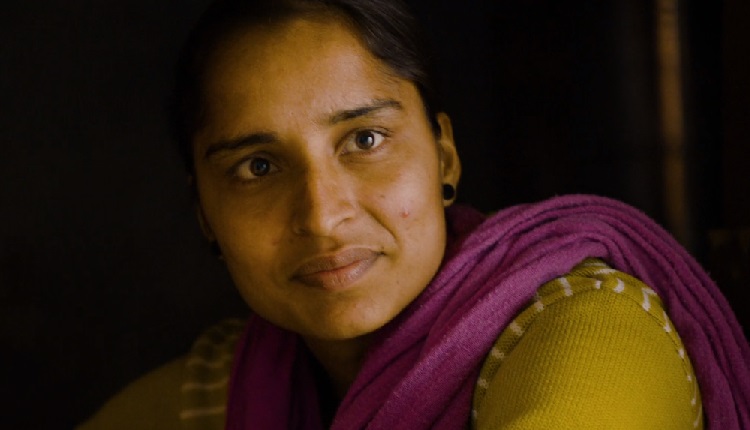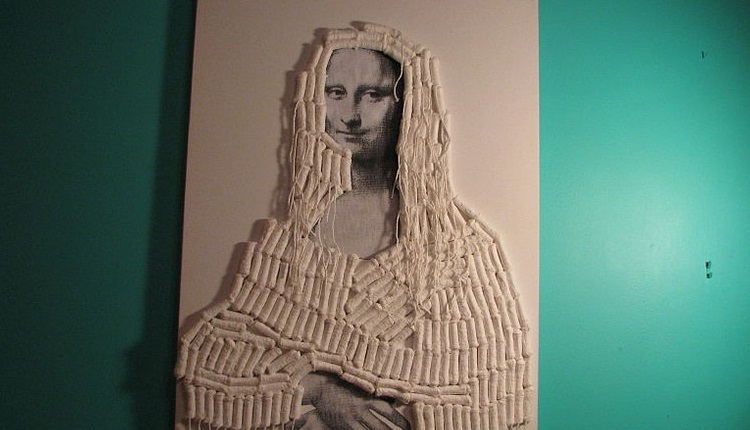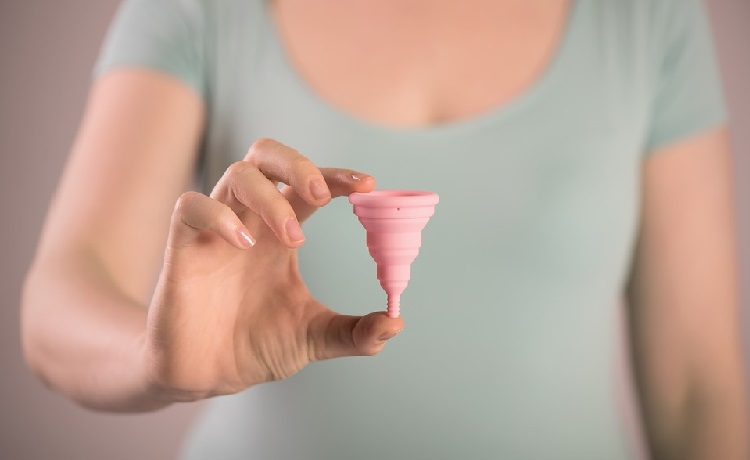The Periodic Table | 3 | A Step Towards Free Periods in Ireland
Dear Menstrutors,
I don’t know about you but I can hardly keep up with all the period positive news that has come out over the last month. First a period emoji, then a documentary on menstrual hygiene wins an Oscar and most recently the Oireachtas parliamentary women’s caucus, passed an all party motion in favour of providing menstrual hygiene products and menstrual information in all public buildings.
As periods are consistently one of the biggest taboos, rarely acknowledged or spoken about it follows that access to menstrual hygiene products for people who for one reason or another cannot afford the a box of pads or tampons, was rarely considered. The motion, which was put forward after months of lobbying and activism by Homeless Period Ireland, represents a huge step towards addressing period poverty, menstrual stigma and lack of menstrual health education for menstruators across Ireland.
Period Poverty
Period poverty refers to the lack of access to adequate menstrual hygiene products. It can mean that menstruators are unable to go to school or leave the house due to shame or embarrassment or have to use tissues, newspapers or anything else available to soak up their blood.
While the Oscar winning documentary, Period. End of Sentence, sought to raise awareness about the issue of period poverty in India, Homeless Period Ireland’s campaigning has demonstrated that a lack of menstrual education or access to menstrual hygiene products is a problem much closer to home than we may have realised.

The Guardian reported that significant numbers of girls from low-income families in the UK are missing out on school because they cannot afford to buy sanitary pads or tampons. A recent survey by Plan International found that in Ireland 61% of girls in Ireland have missed school as a result of their period and 50% of girls had struggled to afford menstrual products.
Other campaigns have highlighted the lack of access to menstrual care products in prisons and for people in situations of homelessness. In the case of menstruators who are imprisoned, withholding menstrual hygiene products has been used to demoralise and shame prisoners and thus a strategy for controlling the prison population.
And let us not forget that, despite recent campaigning, most countries menstrual hygiene products are still taxed as luxury items, known as the “tampon tax.” It’s almost as if periods were some frivolous monthly flight of fancy and not in fact a natural, cyclical, bodily function, experienced by up to 800 million people at any given point in time. Look around you, whether you are at school, in your office, on public transport, on the street, in a shop, someone close to you is probably menstruating right now.

Menstrual Health Education
Many people around the world do not have access to even the most basic information on menstruation. They do not know what it is or what to expect when they first menstruate and may not have any information on how to manage their menstruation in a hygienic manner. Menstrual education in schools is at best patchy and at worst non-existent, with most menstruators relying on a family member or friend to provide information and advise them on how to manage their menstruation. It is often gendered, with students identified as girls receiving a class on periods while those identified as boys are sent off to play soccer, the implication being that periods are of concern to girls alone.
In India only 50% of girls have any knowledge about menstruation before their first period. In Ethiopia as few as one-third of girls receive education on menstruation. In the Ireland we may not be doing much better. Plan International found that in Ireland 55% of girls are still embarrassed to talk about their periods, 43% of girls said they didn’t know what to do when they got their first period and one in two girls said they found menstrual education in schools to be inadequate.
Long-term solutions
While I applaud the efforts of Homeless Period Ireland and other similar initiatives to address period poverty, I do question why the solutions seem to focus solely on providing disposable pads and tampons. A longterm solution to period poverty would be to facilitate access to reusable menstrual products.

I understand that a significant impediment to reusables is that the initial investment is quite high. The average menstrual cup comes in at around €25, a set cloth pads can cost about €100 euro and the most recent innovation in reusables, period panties will set you back by approximately €30 a pair. They are still relatively hard to find in comparison to disposable products and often have to be ordered online or tracked down at a local craft market or organic store.
Of course once you assemble your menstrual kit the idea is that you no longer have to fork out for disposable pads or tampons every month. However, reusables also usually require access to facilities that allow menstruators to wash and dry them after use. This, unfortunately, is often not going to be possible for people who are homeless, incarcerated or who are living in context where stigma or embarrassment are associated with menstruation and menstrual hygiene products. These are structural obstacles that can only be overcome through time and with much campaigning for changes in attitudes and improvements in facilities for people in situations of vulnerability.
In the meantime, I’m looking forward to seeing free menstrual hygiene products and factual menstrual education available across public schools, universities, direct provision centres, refuges, Garda stations, hospitals and prisons in the not too distant future.
Yours,
Aunt Flow
